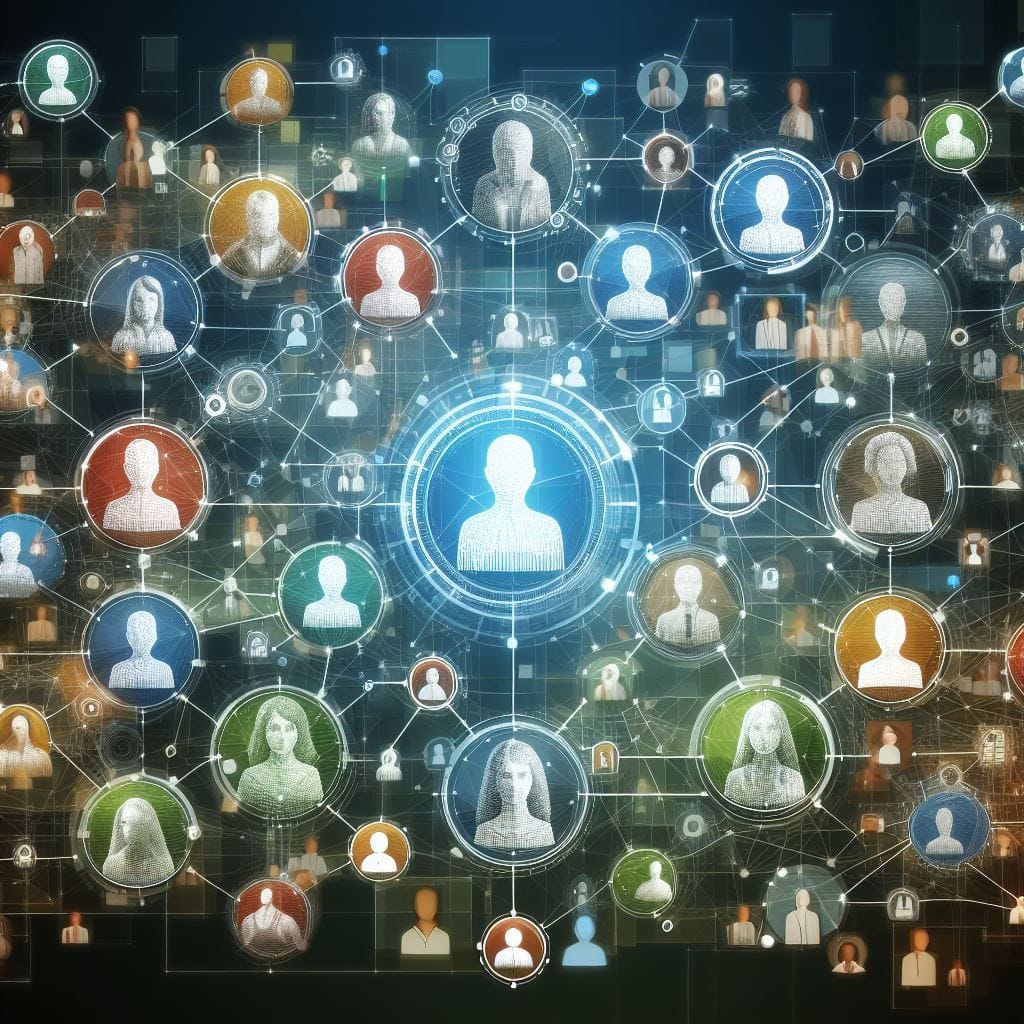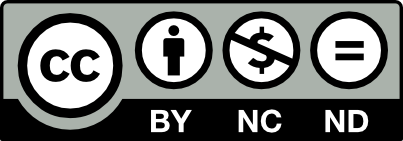Uncertainty and COVID-19: Personal and Emotional States - Evaluation at 20 Months of the Pandemic and the Resulting Isolation
DOI:
https://doi.org/10.23823/f33yas27Keywords:
COVID-19, lockdown, emotions, uncertainty, quarantineAbstract
As of the declaration of the COVID-19 pandemic in March 2020, a home confinement program and a whole series of measures were started to protect the population from contagion. The world population faced two main critical situations: the fear of becoming infected and with it the fear of death and, on the other hand, the crisis caused by confinement at multiple levels -personal, family, social, among others-. As a result of this event that affects the entire world, an investigation was developed whose objectives focused on describing the perception of emotions and personal states after 20 months of the pandemic. To this end, we worked with a sample of 740 Argentine adults. The results of this research allow us to reflect on the description of personal and emotional states in the post-pandemic, in order to trace, on this basis, different action strategies in the coming period.
Downloads
Downloads
Published
Versions
- 2024-11-25 (4)
- 2024-11-20 (3)
- 2024-11-20 (2)
- 2024-11-18 (1)
Conference Proceedings Volume
Section
License
Copyright (c) 2024 Marcelo R. Ceberio, Gabriela Benedicto, Romina Daverio, Jaqueline Deffina, Cristian Biragnet, Carlos M. Cejudo, Gilda Jones

This work is licensed under a Creative Commons Attribution-NonCommercial-NoDerivatives 4.0 International License.
Authors who publish in this journal agree to the following:
- Authors retain the rights to their work and give to the journal right of first publication of the work simultaneously licensed under a Creative Commons License - Attribution that allows others to share the work indicating the authorship and the first publication of this journal.
- Authors can accept other non-exclusive licensing agreements for the distribution of the published version of the work (eg. Deposit it in an institutional repository or publish it in a monograph), provided to indicate that the document was first published in this journal.
- Authors can spread their work online (eg. In institutional repositories or on their website) before and during the submission process, because it can lead to productive exchanges and increase the work published citations (See The Effect of Open Access) .










